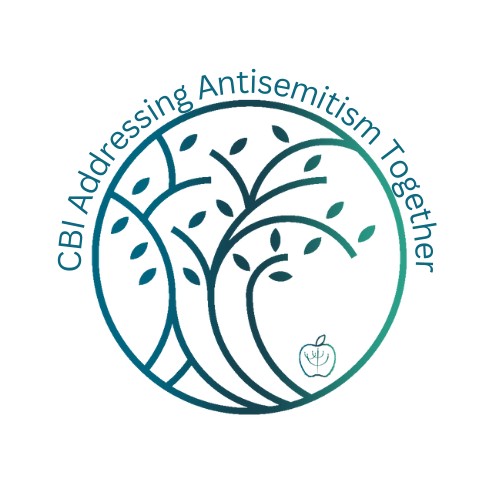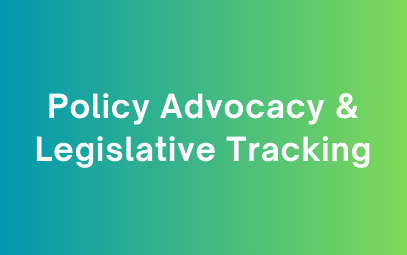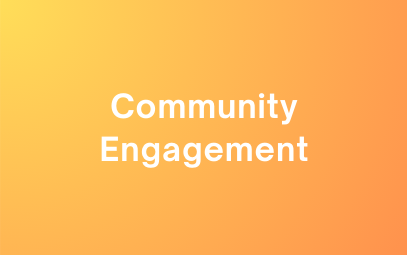Right now, antisemitism is on the rise, affecting communities across California and beyond. There’s never been a more crucial time to take a stand and actively work to stop its spread.
Building a strong and diverse network of advocates, allies, and information is critical to fostering a safer and more inclusive California.
Antisemitism is prejudice or hatred directed at Jews. The Holocaust, the state-sponsored persecution and murder of European Jews by Nazi Germany and its collaborators, stands as history’s most extreme example of antisemitism. However, violent antisemitism and hatred did not end with the defeat of Nazi Germany, and it remains crucial to confront antisemitism in all its forms today.
Antisemitism involves the marginalization and oppression of Jewish people based on harmful stereotypes and myths about Jewish identity, culture, and Israel. Historically, it began as ethnic and religious prejudice and grew into policies of political, economic, and social exclusion, degradation, and attempted annihilation. Antisemitism did not originate in the Nazi era, nor did it end with World War II. Its persistence over centuries highlights the destructive power of scapegoating those perceived as the “other.”
US Holocaust Memorial Museum
Anti-Defamation League
Incident reporting and tracking are crucial for understanding the scope and impact of antisemitism. They help identify patterns, inform preventative measures, and hold perpetrators accountable. Accurate data also supports advocacy and resource allocation to better protect and serve affected communities.
Here, you will find community engagement resources to address antisemitism. These resources will involve hosting dialogue events, interfaith gatherings, and public forums that foster understanding and solidarity. It includes building partnerships with diverse groups, organizing awareness campaigns, and encouraging active participation in advocacy efforts to promote a unified response against hate and discrimination.
Here, you will find educational resources to address antisemitism, including books, workshops, training sessions, and curriculum guides that teach the history and impact of antisemitism, strategies for allyship, and how to recognize and challenge hate. These resources often feature case studies, discussion prompts, and tools for promoting understanding and inclusivity within communities and schools.














